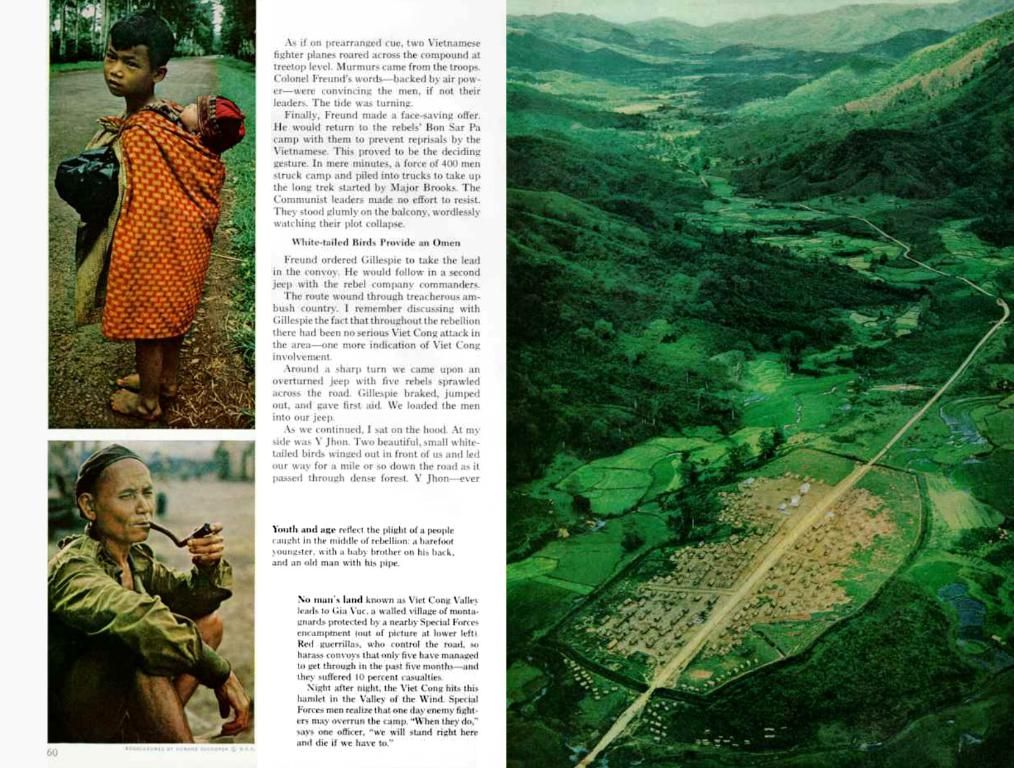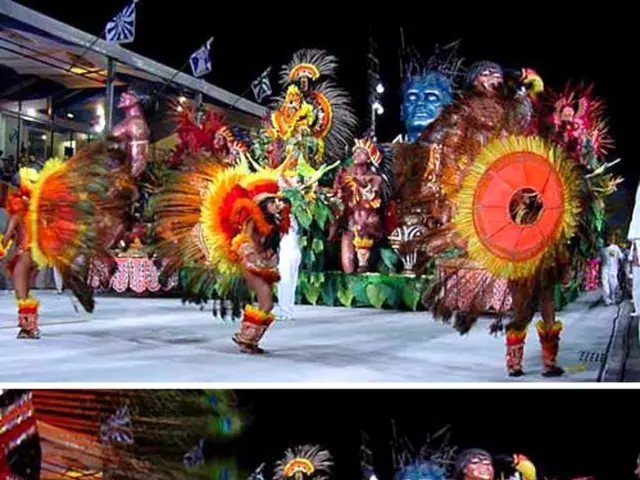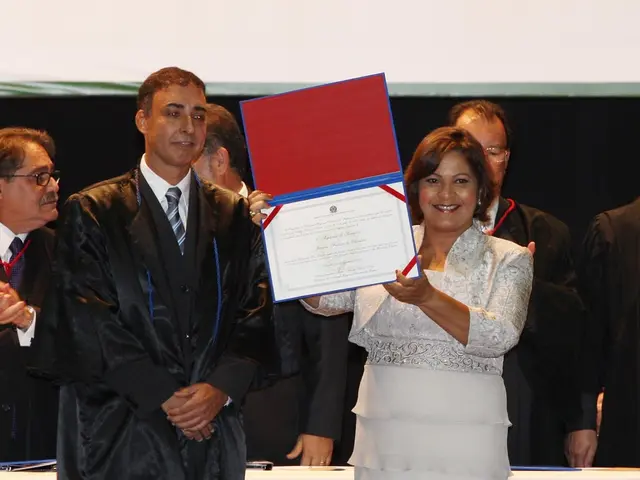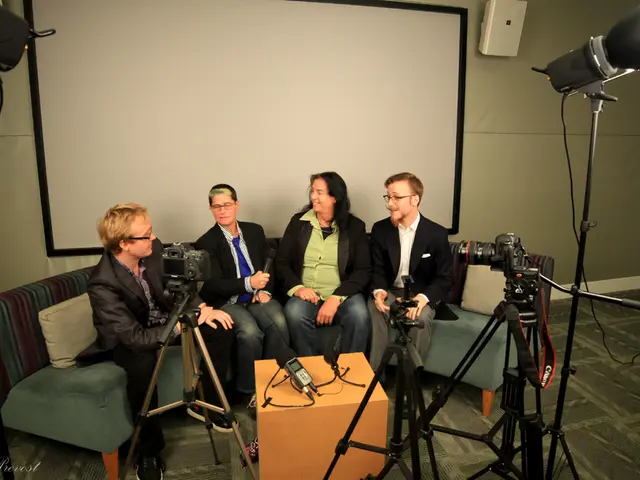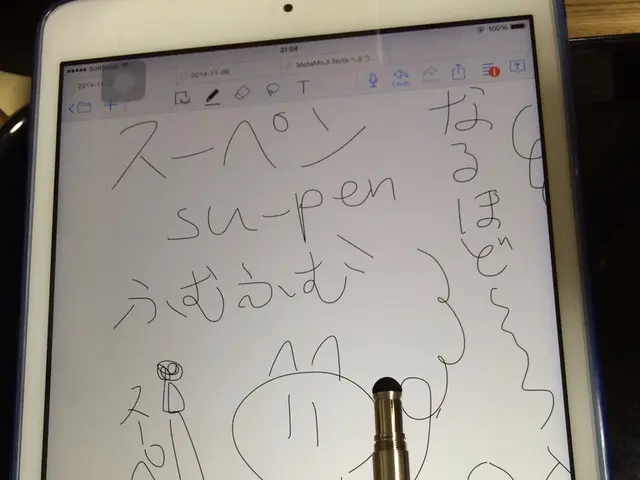Building Peaceful Engagement among Pygmy Populations in South Kivu using Peaceful Protests and Dialogue
Inthe heart of South Kivu, a gold-rich region, a powerful alliance has been ignited. Culture Survival, Femmes Pymees en Action (Pygmy Women in Action), and Radio Kivu FM, Congo, have teamed up to arm Indigenous Pygmy communities with the weapons they need to reclaim their land and preserve their heritage from the clutches of gemstone extraction.
From September 2023 to July 2024, this joint project aimed to grant Pygmy communities the tools necessary to wage peaceful protests and engage in constructive dialogue with mining companies and local authorities. Their ultimate goal? To ensure their perspectives are heard loud and clear, and their rights are respected.
This project bore fruit in the remote village of Lemera, located in the Uvira territory. The Pygmy community, long subjected to land grabs for mining operations, learned the art of peaceful protesting. Showing unwavering determination and resilience, they managed to secure a promising dialogue with the Olive mining company, a previously deaf-eared interlocutor. This dialogue culminated in an unprecedented agreement, with the company committing to relocating some Pygmy families back to their ancestral lands. This triumph demonstrated the power of peaceful negotiation.
In Lugushwa village, Mwenga territory, the project encouraged regular meetups between mining stakeholders, local administrators, and the Pygmy community. These collaborative discussions birthed a monitoring committee, tasked with assessing the impact of mining activities on Indigenous rights. Thanks to this committee's tireless efforts, mining operators were compelled to restore damaged lands and uphold Indigenous land rights, proving that peaceful cohabitation and mutual respect are achievable goals.
The project's reach expanded to Misisi village in Fizi territory, where it played a pivotal role in revamping a 20-kilometer stretch of road leading to the village, enhancing the community's accessibility and connectivity. Additionally, it brokered the reestablishment of positive relations between the Basimukuma Nord group's leaders and the Pygmy populace in the area, by promoting responsible mining practices. As a result, the Banro Corporation, a Canadian gold-mining titan, undertook the road reconstruction project, demonstrating the potential benefits of collaboration and open dialogue.
These heartening tales illustrate the transformative might of peaceful negotiation in empowering marginalized communities to defend their rights and safeguard their legacy. This undertaking has resulted in tangible achievements like land restitution and infrastructure improvements and instilled a sense of agency and self-belief among Pygmy communities. By equipping them with the required skills and confidence to take part in meaningful dialogue, the project has paved the way for a brighter future where Indigenous rights are honored and respected.
This endeavor in South Kivu serves as a beacon of hope for the effectiveness of grassroots initiatives in navigating the complex challenges posed by extractive industries. It showcases that through steadfast advocacy, dialogue, and collaboration, lasting change can be achieved, the environment preserved, and Indigenous rights upheld.
The details of Cultural Survival's Indigenous Community Fund's direct impact on the project are not mentioned in the search results. However, we can infer the possible role of such initiatives in empowering indigenous communities, based on similar projects:
- Community-Led Conservation: Efforts to uplift indigenous communities, such as the recent assembly of Congo Basin indigenous communities, underscore the relevance of community-led conservation and cross-cultural exchange. This method empowers Indigenous communities to champion their territories and safeguard their interests[1].
- Indigenous Rights Preservation: Organizations like the Tribal Trust Foundation put emphasis on preserving Indigenous wisdom and supporting Indigenous communities globally. Such backing can significantly benefit communities facing threats like mining activities by providing them with essential resources and advocacy tools[2].
- Human Rights Abuses: There have been documented human rights abuses against indigenous communities, such as the Baka people in Odzala-Kokoua National Park. This highlights the necessity of organizations to aid indigenous communities in safeguarding their rights and ancestral lands[4].
- Cultural Preservation: Indigenous communities frequently confront challenges in preserving their cultural traditions due to external pressures. The Mudja community at Virunga National Park struggles to maintain their rituals due to expulsion from ancestral lands. This underscores the interconnectedness of cultural preservation and land conservation[5].
Though specifics regarding Cultural Survival's Indigenous Community Fund are not available, it is evident that empowering indigenous communities is key to protecting their ancestral lands and cultural heritage. Efforts likely encompass supplying essential resources, advocacy support, and facilitating community-led initiatives to counter mining activities and other threats.
- Embracing the principles of sustainable living and personal growth, Pygmy communities in South Kivu are learning to protect their heritage and land through adopting community-led conservation, aided by organizations such as Cultural Survival.
- As advocates for education and self-development, projects like this empower Indigenous Pygmy communities to preserve their cultural traditions by providing them with the necessary resources and tools required for constructive dialogue with mining companies, local authorities, and other stakeholders.
- Building a sustainable lifestyle at home and in the garden, Pygmy communities can foundedly reclaim their ancestral lands, ensuring that their legitimate rights are respected and the environment is preserved, following the guidance and support from organizations like Cultural Survival's Indigenous Community Fund.
